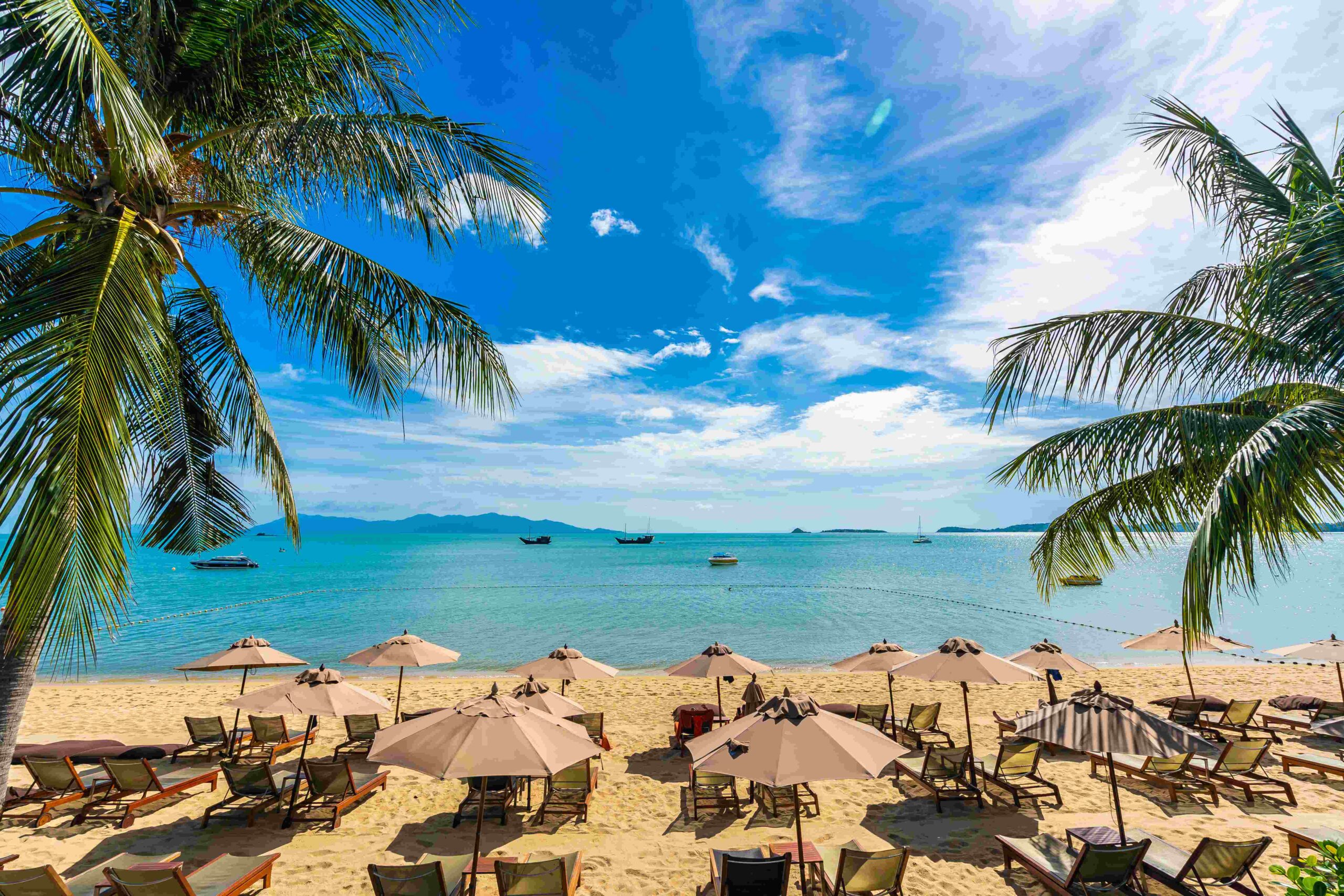- Business Travel
- December 24, 2024
- 3 Comments
- 159
How to Choose the ideal Business Destination along with instructions for 2025

Ideal Business Destination– Selecting the ideal location for business travel may make or ruin your vacation. Choosing the appropriate location is essential whether you’re attending a conference, meeting with potential clients, or investigating fresh prospects. Making the most of your time, money, and effort is more important than simply boarding an aircraft. So, how do you pick the ideal location for business travel? Don’t worry; this easy instruction will help you out.
1. Understand Why You’re Traveling
Knowing why you are traveling is the first step in selecting the ideal business destination. Are you meeting with clients, going to a convention, or researching a new market? Different locations are needed for different objectives.

For example:
Networking Events and Conferences: Cities like Las Vegas, Singapore, or London are well-known for holding sizable business gatherings if you’re trying to connect with experts in your industry.
Client Meetings: Choose a location that’s convenient for your client. Sometimes, it’s better to travel closer to where they are instead of expecting them to come to you.
Exploring New Markets: If you want to expand your business, look for destinations that are growing in your industry. For instance, tech startups might consider Silicon Valley, while exporters might explore cities like Dubai or Hong Kong.
2. Budget-Friendly Options
Business travel can be costly, let’s face it. The price of airfare, lodging, and food quickly mounts up. Thus, be cautious to plan within your means.

Cost of Living: The cost of living in some cities is inherently higher than in others. For instance, it will cost more to stay in New York City or Zurich than it will to stay in Bangkok or Mumbai. Select a city that will suit your spending limit without sacrificing the standard of your vacation.
Affordable Accommodations: Look for business hotels that offer deals for corporate travelers. Many hotels offer free meeting rooms or Wi-Fi to make your stay productive.
Transport Costs: Take into account the price of moving around the city. While certain cities, like Berlin or Tokyo, have first-rate public transportation, others might need to rent a car or call a cab.
3. Accessibility and Convenience
Your business destination should be easy to reach. Traveling to a remote location with limited flights or poor transport connections can waste valuable time and energy.

Airport Access: Choose a city with a major international airport. Cities like London, Dubai, or Singapore are excellent examples of hubs with easy connections from most parts of the world.
Proximity to Your Meetings: If you’re meeting clients, pick a location close to their office. The last thing you want is to spend hours stuck in traffic!
Visa Requirements: Be sure to review the visa regulations for the place you have selected. While certain nations, like Singapore or Thailand, provide business visitors with simple visa-on-arrival options, others could have stringent restrictions.
4. Consider the Local Business Scene
A good business destination will have a thriving local business ecosystem. This means the city should support industries related to your work and provide opportunities to connect with professionals in your field.

Industry Hubs: Certain cities are famous for specific industries. For example, Tokyo is great for technology, New York for finance, and Paris for fashion.
Networking Opportunities: Look for cities that host trade fairs, expos, or business forums. These events can help you meet potential clients, partners, and investors.
5. Business-Friendly Environment
Make sure the city you’re going to is welcoming to business travelers. This covers elements like infrastructure, safety, and communication ease.

Language Barriers: Choose a destination where you can easily communicate. English-speaking cities like London, Sydney, or Singapore make it easier for global travelers.
Reliable Infrastructure: Make sure the city has stable internet, reliable transport, and modern office spaces.
Safety: Your safety is a top priority. Research the safety record of the destination before making your choice.
6. Work-Life Balance
Any journey can become tiring if there is no play and only work. After a long day of conferences or meetings, choose a place to unwind. Your trip can be energized by a city that offers delicious food, cultural attractions, or breathtaking scenery.

For example:
Leisure Activities: After work, you could visit the Eiffel Tower in Paris, take a stroll on Marina Bay Sands in Singapore, or explore the markets of Istanbul.
Relaxing Hotels: Look for accommodations with facilities like spas, gyms, or scenic views to help you unwind.
7. Timing is Everything
Choosing the best business destination also means planning your trip at the right time. Avoid peak travel seasons or times when the city might be too crowded.

Avoid Tourist Season: Some cities, like Bangkok or Rome, can get packed with tourists during the holiday season. Traveling during quieter periods means cheaper flights and better accommodations.
Consider the Weather: Be aware of the climate. For instance, avoid visiting cities like Mumbai during monsoon season or Chicago in the freezing winter.
8. Recommendations and Reviews
If you’re still unsure about your destination, ask for advice! Talk to colleagues, industry peers, or friends who have traveled for business before.

Online Reviews: Check platforms like LinkedIn or TripAdvisor for feedback from other travelers.
Ask Locals: If you know someone living in the destination, they can provide insider tips on where to stay, what to eat, and how to get around.
9. Future Opportunities
Think beyond the current trip. Is this destination a place where you can grow your business in the long term? If yes, then it’s worth investing your time and money there.

For example:
Emerging Markets: Companies seeking to enter new markets are increasingly choosing cities like Bangalore, Nairobi, or Ho Chi Minh City.
Long-Term Partnerships: Choose a destination where you can build lasting relationships with clients or partners.
Final Thoughts
Choosing the ideal business destination requires careful analysis and strategic planning. By considering factors like market potential, infrastructure, cost, and cultural fit, you can identify a location that aligns with your business goals and sets the stage for success. Remember, a comprehensive approach to this decision will not only help your business thrive but also ensure long-term sustainability in today’s competitive marketplace.






3 Comments
I don’t think the title of your article matches the content lol. Just kidding, mainly because I had some doubts after reading the article.
I am really impressed along with your writing abilities and also with the format on your weblog.
Is that this a paid subject or did you customize it
yourself? Anyway keep up the excellent high quality
writing, it is rare to see a nice weblog like this one these days.
Instagram Auto comment!
Some truly nice and useful info on this site, as well I think the design and style contains excellent features.